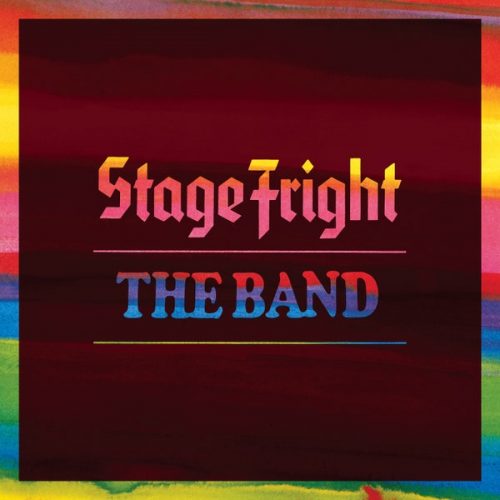Earlier this week, Universal Music reissued the Band’s third album, Stage Fright, for its 50th anniversary, never mind that the original album was released in August of 1970. Most notable about the reissue isn’t just the luxurious extras, the Calgary Hotel jam sessions or the live set at the Royal Albert Hall in 1971, but that it does the biggest reissue faux-pas of all: it re-arranges the original track-list. One such change: “The W.S. Walcott Medicine Show” is now the opener, and original opener “Strawberry Wine” has been pushed to the back, near to where “Walcott Medicine Show” was originally.
Personally, I like this change a lot! Stage Fright marked the end of the Band as we knew them, evidenced by the title. In Mystery Train: Images of America in Rock ’n’ Roll Music, critic Greil Marcus wrote that “Stage Fright was an album of doubt, guilt, disenchantment, and false optimism […] The Music at its best was still special, but in every sense, the kind of unity that had given force to those first two albums, and to the idea of the Band itself, was missing.”
“The W.S. Walcott Medicine Show” proves just how special they still were: an undeniable funky guitar hook that, had Stage Fright been produced by someone different than Todd Rundgren, could’ve kicked off a Commodores or Stevie Wonder song instead of a Band deep cut. Original Band producer John Simon contributes trombone and organist Garth Hudson plays a tenor saxophone solo that starts off touching in its melody and then gets rowdy by the end, both highlighting just how funky this cut really is. It might even be funkier than “Up on Cripple Creek.”
Though the song was written by Robbie Robertson (as most Band songs), the song pulls from drummer Levon Helm’s memories of minstrel shows in America. (Levon Helm was the only American-born member of the Canadian band.) And while most of the lyrics are feel-good in their early-70s sort of way (ie. images of ‘saints and sinners,’ which rhymes with ‘losers and winners’; the “You can’t forget it” pre-hook), there’s discontentment too; my favourite line here is the opening one, which goes “When your arms are empty, got nowhere to go.” Part of the American (and Canadian) myth that there’s always a place for you here.
That being said, I wish the Band’s reference to the KKK was more than just a passing reference, which applies to the album as a whole: the previous themes of disillusionment and pulling through are here, they’re also just heavily downplayed, and the music feels less important as a result. Still, I can’t help but think of Stage Fright as I do Bob Dylan’s New Morning and even the Who’s The Who By Numbers: all unassuming albums that probably sound like disappointments now, but still offer immense pleasures for anyone who will listen.







